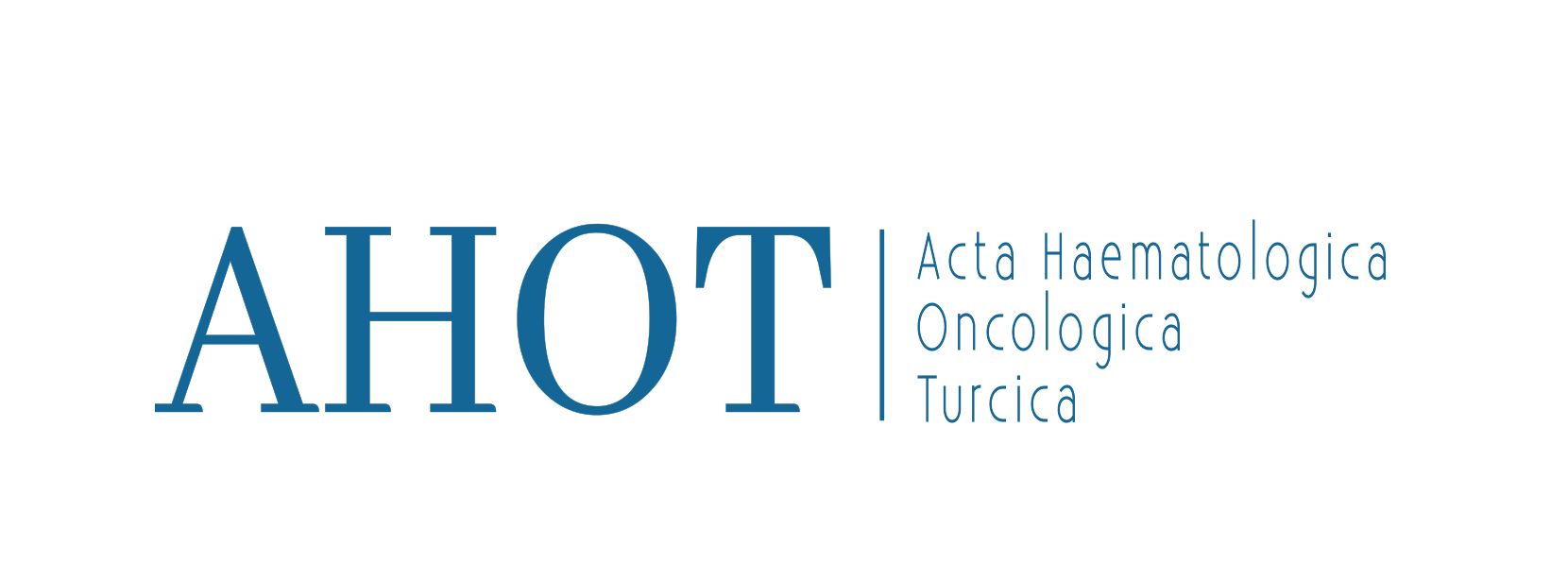Abstract
INTRODUCTION
Combining cyclin-dependent kinases 4/6 inhibitors with endocrine therapy are indicated as first or second-line treatment for hormone receptor-positive, HER2-negative advanced or metastatic breast cancer.We aimed to investigate the efficacy and safety of adding CDKIs to endocrine therapy in patients whose tumors might have differing degrees of endocrine sensitivity.
METHODS
Totally, 99 patients with HR+, HER2-, ABC who received CDK4/6 inhibitor and hormonotherapy were included.Clinicopathological features of patients and progression-free survival (PFS) and overall survival (OS) outcomes were analyzed.The toxicity, combine drugs and the factors that may predict survival were also evaluated.
RESULTS
This study with a median age of 51 years (range;31-80).The molecular subtypes of the patients were as follows;51 patients (51.5%) were in the luminal A group, and 48 patients (48.5%) were in the luminal B HER2- group. Before CDK 4/6 inhibitor therapy, visceral and non-visceral metastasis were seen in 48 and 46 patients, respectively.At the median follow-up time of 13.7 months (range: 3-48 months), the median OS was 38.5 months, the median PFS was 5.2 months. Univariate analysis demonstrated that the choice of CDK 4/6 agent was significantly associated with PFS. 6-months PFS rate with ribociclib was 42.3%, in palbociclib, it was 63.6%, in abemaciclib it was NA (not aplicable) (p=0.01).Univariate analysis revealed that the luminal type of tumor (p=0.002), advanced stage disease at the initial diagnosis (p<0.001), and presence of visceral metastasis (p=0.006) were significant factors for OS.
DISCUSSION AND CONCLUSION
In this study we demonstrated that there is a survival benefit for all three agents and there is a significant difference especially between first and second-line usage.



